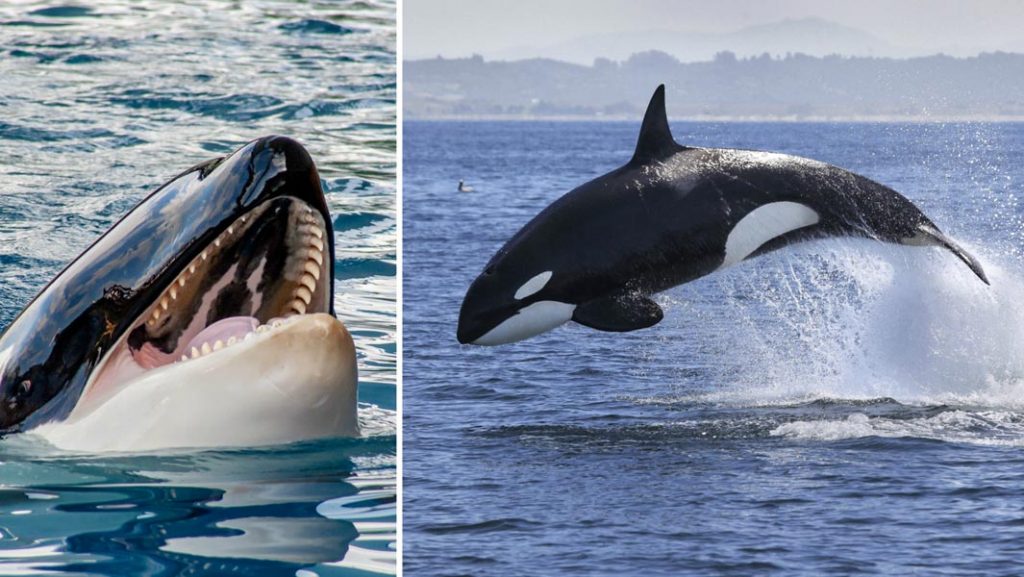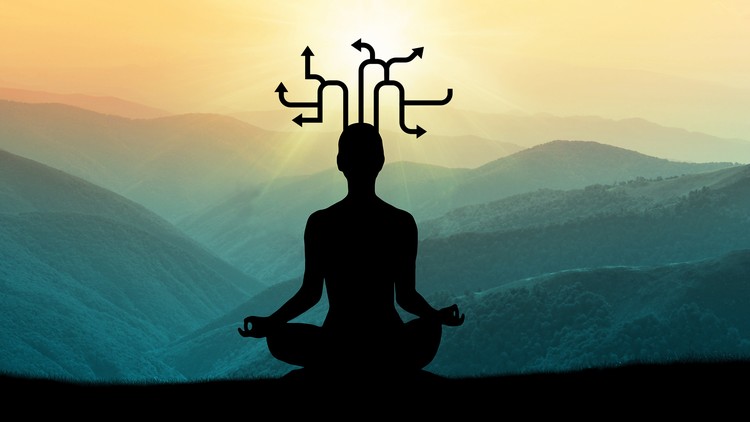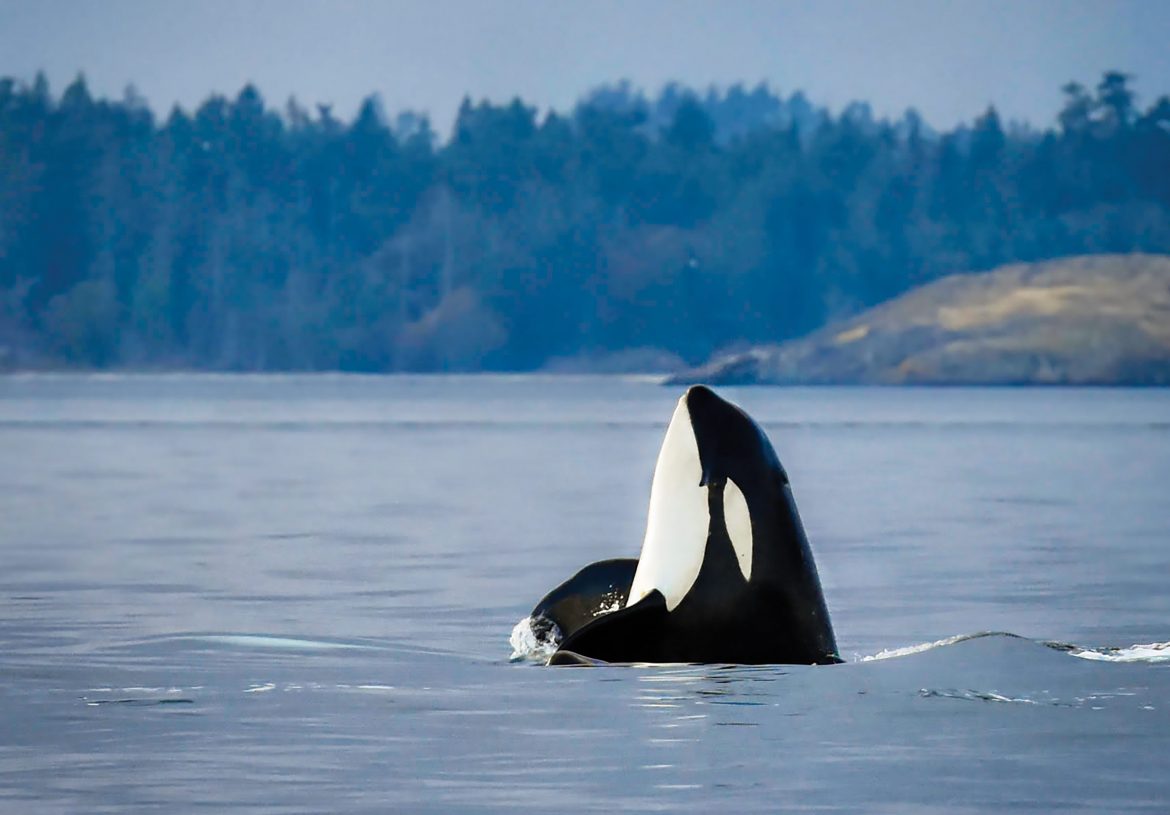The smartest animal on the planet other than humans is the Orca, otherwise known as Killer Whales. They aren’t whales at all, and the ‘killer’ adjective is species projection. Orcas belong to the same family as porpoises, which they hunt and kill, but that doesn’t make them like us.
Different “cultures” of Orcas hunt porpoises, as well as sharks (including Great Whites), seals and manta rays…but never humans. There has been no instance of an Orca killing a human in the wild, but they have murdered a few in captivity. Yes, planned, premeditated murder, like humans do, after being confined for years in fishbowls for entertainment.
It’s said Orcas seem to understand humans, perhaps recognizing us as the top predator on Earth, as they are of the sea. A scientist that has studied Orcas calls them “the fiercest and smartest predator that the Earth has ever seen.” Except man of course. Orcas are also, like humans, one of the few animals that share food with members of their group, whether they are directly related or not.

Dolphins have shown what anthropologists call self-awareness—the ability to recognize themselves in a mirror as individuals. Are Orcas, who are much smarter, self-knowing?
If so, they are more intelligent than the vast majority of humans, who are acutely aware of themselves as individuals, but unaware of what is actually going on within themselves emotionally, cognitively and physically at any given moment.
Like self-awareness and self-knowing, intelligence and smarts are two different things. This distinction, between self-aware and self-knowing, is a crucial one if Homo sapiens is to grow into beings worthy of the name we’ve given ourselves (‘wise humans’).
The term self-aware is often used synonymously with being mindful, but anthropologically, it simply refers to a threshold of cognitive ability permitting self-recognition. Familiarize a chimpanzee and a gorilla with a mirror, then paint (carefully!) a circle on their heads with dye, and most chimps will immediately recognize a difference, while most gorillas don’t. Orcas always do. Passing this “mirror self-recognition test” is what anthropologists refer to as “self-awareness.”
Chimp or human, our sense of self is a social construct, whereas self-knowing only happens in the mirror of relationship, with nature and other people, by being inwardly alone. So is self-knowing the same thing as mindfulness, which is all the rage?
Not quite. One can be mindful without being self-knowing, but one cannot be self-knowing without being mindful.
So what is mindfulness, and what is self-knowing? Mindfulness is defined as “a mental state achieved by focusing one’s awareness on the present moment, while calmly acknowledging and accepting one’s feelings, thoughts, and bodily sensations, used as a therapeutic technique.”
“Mindfulness Based Stress Reduction (MBSR)” is sold as “the gold standard in mindfulness training, created by Dr. Jon Kabat-Zinn at the University of Massachusetts in 1979.” Through this “simple and powerful methodology” one learns how to “cultivate self-awareness, respond rather than react to stress, and change habitual reactivity patterns.”
“No prior meditation experience is required—great for beginners and advanced meditators alike.” Flipped out Orcas and humans sign up today. Sliding scale makes this valuable training available to as many people and animals as possible.

Seriously, this experiment in “the most scientifically researched mindfulness program” has been run for over 40 years. How’s that worked out in America? A quarter of women in their 40’s and 50’s take anti-depressants, and there has been nearly a five-fold increase in anti-depressant use in this country among teens and adults.
The strategy of teaching methods of mindfulness and meditation for stress reduction clearly hasn’t worked, since even before the pandemic people were vastly more ‘stressed out’ than they were 40 years ago.
Indeed, the terms mindfulness and meditation have become so debased through their marketing and monetization that I wonder if they have any meaning at all.
Returning to our fellow predators of the sea, the ‘Killer Whales’ said to understand humans, perhaps we can reflect more deeply and learn something about ourselves, and our ill-fitting place in nature, from them.
Certainly not by putting them in captivity and conditioning them to perform like circus animals.
Whether Orcas are self-knowing or not, can we gain insight into ourselves, rather than using systems like MBSR in a futile attempt to reduce our stress and help us adapt to man’s polluted seas?
Martin LeFevre

